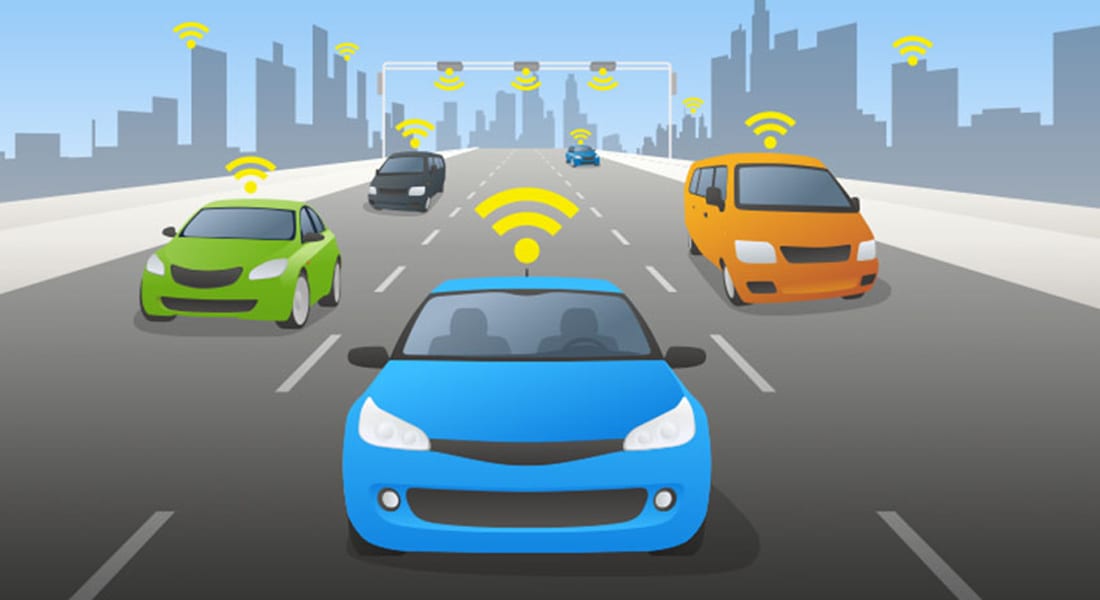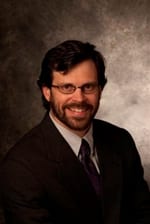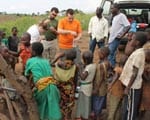Researchers at Southern Methodist University are putting many Smart Car/Smart City theories to real-world tests.
Reporter Dave Moore with Dallas Innovates covered the research of Khaled Abdelghany in the Civil and Environmental Engineering Department of the SMU Lyle School of Engineering. Abdelghany is an associate professor and chair of the department.
His research focuses on advanced traffic management systems, intermodal transportation networks, airlines scheduling and irregular operations, and crowd dynamics. The article, “SMU Students Taking Wireless Vehicle Tech to the Streets,” published Jan. 18, 2017.
EXCERPT:
By Dave Moore
Dallas Innovates
In urban areas, trips by cars and trucks are often unpleasant (and all-too-familiar) adventures in avoiding accidents, potholes, construction zones, and other drivers.Researchers at Southern Methodist University are developing technologies that allow vehicles, traffic signals, and even construction signs to share information, to reduce unwanted surprises and drama on roadways.
While what Khaled Abdelghany and his team of researchers is up to sounds incredibly complex (because it is), the net result might lead drivers to do something as simple as stopping for a cup of coffee instead of sitting in traffic caused by an accident.
“With the information we’ve been collecting, perhaps someday, you will receive a message in your car that says ‘There’s congestion ahead; why don’t you stop and get a Starbucks?’ ” said Abdelghany, an associate professor in SMU’s Lyle Civil and Environmental Engineering Department.
Abdelghany is working on the project with four students in his department, and is collaborating with Dinesh Rajan and Joseph Camp, who are professors in SMU’s Lyle Electrical Engineering Department.
RESOLVING URBAN PROBLEMS WITH SMART TECH
Their research is part of a larger initiative to resolve long-standing urban problems.SMU, the University of Texas at Dallas, and the University of Texas at Arlington are taking part in a nationwide effort — called MetroLab Network — to solve lingering urban problems by pairing university researchers with cities and counties seeking solutions.
Launched by the White House in 2015, the MetroLab Network includes 34 cities, three counties, and 44 universities, organized into 30 regional city-university partnerships.
The Texas Research Alliance is coordinating research efforts locally. The resulting technology developed in North Texas is intended to be deployed at some point in Downtown Dallas’ West End, and, perhaps, scaled regionally or nationwide.
Abdelghany and his students chose to tackle the problem of traffic congestion for their MetroLab project in part because they had already been working on various iterations of the issue.
Over the past several years, Abdelghany has collected Dallas-area traffic data, for purposes of predicting future traffic jams, and to help develop strategies for routing traffic around tie-ups when they happen.




 SMU to help solve dangerous refugee water issues
SMU to help solve dangerous refugee water issues
